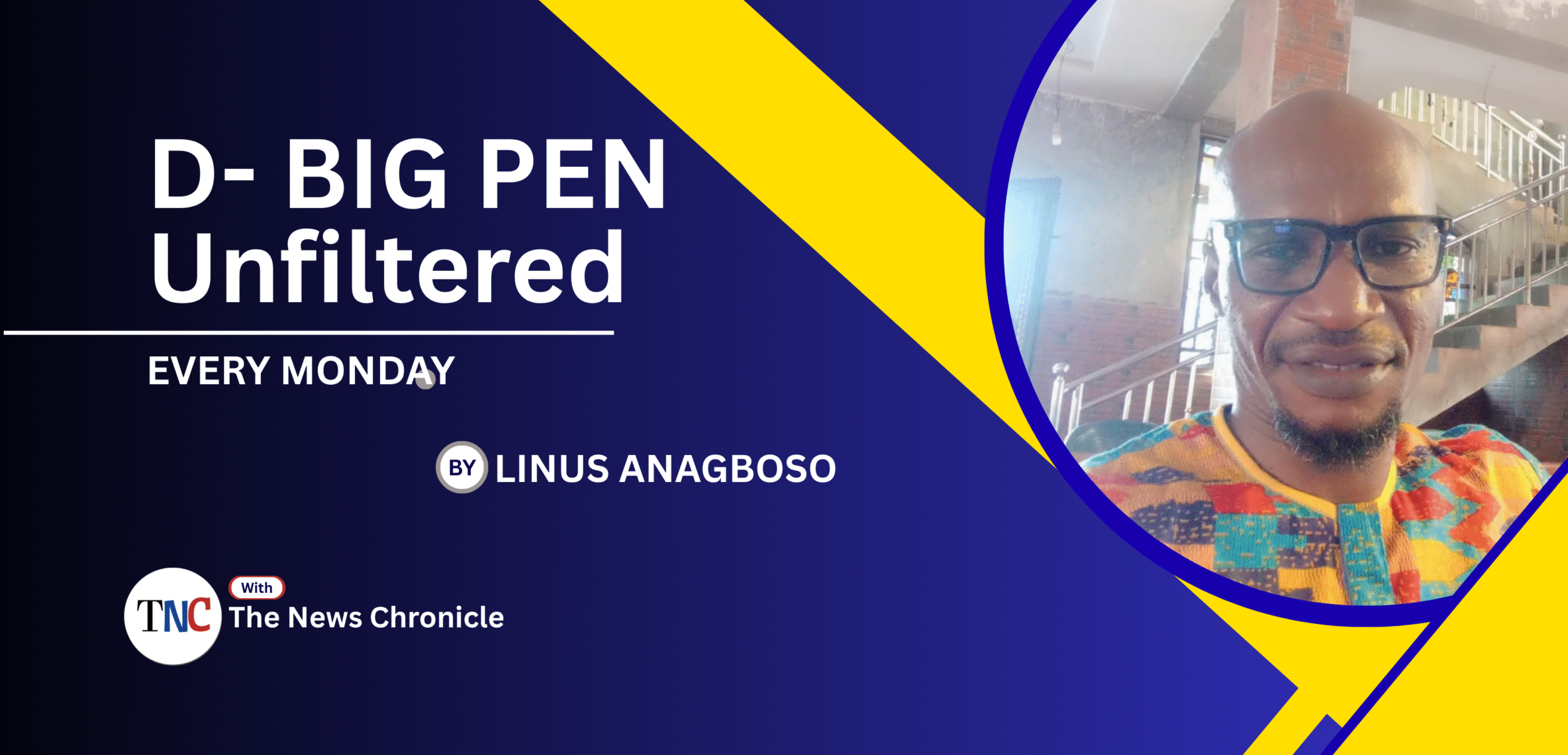Numbers don’t lie. Between 2013 and the first quarter of 2020, the Southeast corner of Nigeria received only 0.22% of all Foreign Direct Investment. Lagos took more than 80%, Abuja gathered its share, and even smaller states outpaced the region. Yet, in the same Nigeria, it is hard to find a market, a skyline, or a sector untouched by Igbo capital. From Alaba International Market to the estates of Lekki and the plazas of Abuja, Ndi Igbo build relentlessly.
Here lies the paradox. At home, the Southeast gleams with mansions — palatial symbols of loyalty, pride, and remembrance. A typical Igbo person will build his first house in his village, sometimes long before he owns one in the city where he works. But when it comes to business, the instinct reverses: the first shop, the first factory, the first office is almost always outside the homeland. Emotional capital stays at home, productive capital migrates away.
This gap is not about love of homeland. The houses prove the love. It is about leadership — leadership that can turn the “first house” instinct into a “first business” reality.
Enter Professor Chukwuma Soludo. When he became governor of Anambra, he spoke boldly. He declared Anambra open for investment, signed an Electricity Law to guarantee industrial power, passed an Investment Corporation law, and began the largest road-building drive the state has seen in years. He arrested illegal revenue touts, digitised tax collection, and called on Igbo investors to bring their capital home. On paper, it was the alignment we had been waiting for.
But reality is harder. Traders, bakers, and small businesses have cried out against multiple levies and crushing taxes. They say the state is squeezing them too tightly, killing the very spirit it needs to nurture. Markets have protested, foodstuff dealers have marched, and murmurs of discontent echo louder than the applause for infrastructure. What good are new roads if the businesses that should ply them feel suffocated?
Soludo’s vision is correct — build the infrastructure, create the laws, mobilise Igbo capital — but his execution risks undermining his own mission. Revenue reform is necessary, but it must come with fairness, transparency, and relief for small enterprises. Infrastructure is essential, but it must translate into anchor investments and industrial clusters, not just asphalt. Leadership is about balance, and here the scales still tilt uneasily.
The lesson is clear: if Ndi Igbo can build first at home in brick and mortar, they can be inspired to invest first at home in factories and ventures. But inspiration needs incentives. Imagine an Anambra where setting up your first factory in Awka is as prestigious as building your first mansion in your village. Imagine a regime that rewards that instinct with tax breaks, utility guarantees, and visible support. That is how paradox turns into renaissance.
Soludo has taken steps in the right direction, but the real test lies ahead. Can he recalibrate his policies so that the same entrepreneurs protesting levies today will be the ones building industries tomorrow? The Southeast does not lack loyalty. It does not lack energy. It lacks only a leadership that can harmonise love of home with the logic of enterprise.
The question is whether Soludo will rise to that moment — or whether the paradox will remain.
Linus Anagboso
D-BIG PEN



